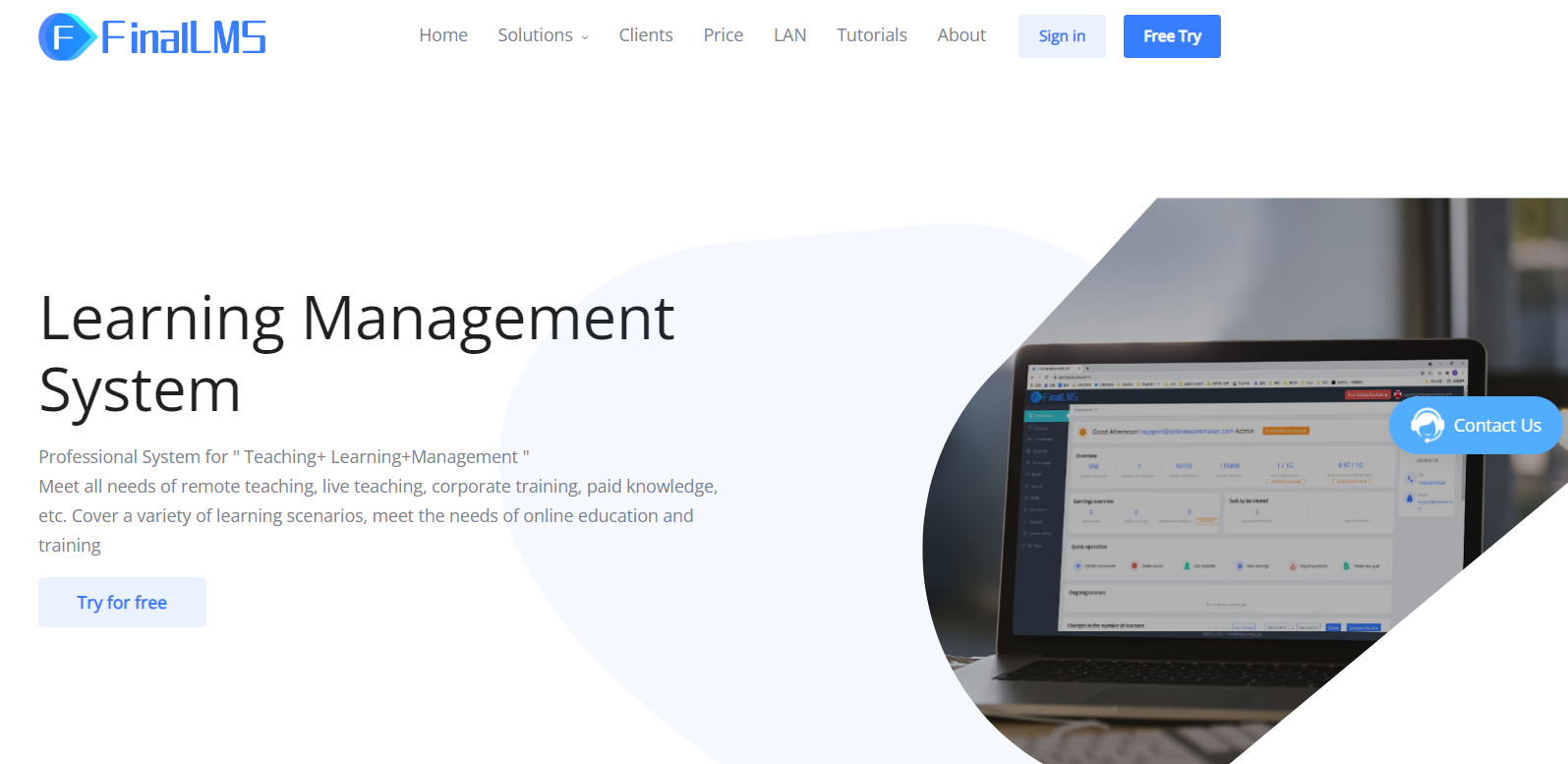Carbon neutrality means that enterprises, groups or individuals measure the total amount of greenhouse gas emissions produced directly or indirectly within a certain period of time, and offset their own carbon dioxide emissions by planting trees, saving energy and reducing emissions, so as to achieve “zero carbon dioxide emissions”. As a new form of environmental protection, it has been adopted by more and more large-scale activities and conferences, promoting green life and production and realising green development for the whole society. The emergence of online learning systems has provided the impetus for achieving carbon neutrality. They can achieve it through the following measures.
- Promoting education for low-carbon living: Educational and training institutions can enhance education on low-carbon living for students and staff. This includes developing knowledge and skills in environmental awareness, energy conservation and resource recycling to reduce the carbon footprint of individuals and society.
- Provide green curricula and training programmes: Education and training institutions can design and promote green curricula and training programmes to increase students’ and practitioners’ understanding of sustainable development and environmental protection. These courses can cover renewable energy, clean technology, environmental protection and carbon emission reduction.
- Adopting carbon neutral measures: Education and training providers can transfer the content of training assessment online. By utilising an online examination system, trainees can complete their training assessment online and teachers can monitor and evaluate their performance remotely. This approach avoids long-distance travelling for trainees and teachers, reduces carbon emissions and increases efficiency.
For online training system, the following features can help education and training organisations to reduce carbon emissions and become carbon neutral.
Provide one-stop online examination process
In Final LMS, learners can participate in online learning and exams using only electronic devices such as computers, tablets or smartphones. Compared to traditional exam and training venues, online training eliminates the need to provide facilities such as lighting, air conditioning and heating, thus reducing energy usage.
Data analysis
Final LMS collects and analyses large amounts of training and exam data, bringing multiple benefits to education and training providers. At the end of training and exams, the system can quickly automate marking, reducing the time and labor costs associated with manual marking.
In addition, education and training providers can use the system to collect and analyse large amounts of exam and training data from students to understand their learning outcomes and needs. This helps optimize teaching content and methods, provide more accurate training services and further promote the achievement of carbon neutral objectives.
